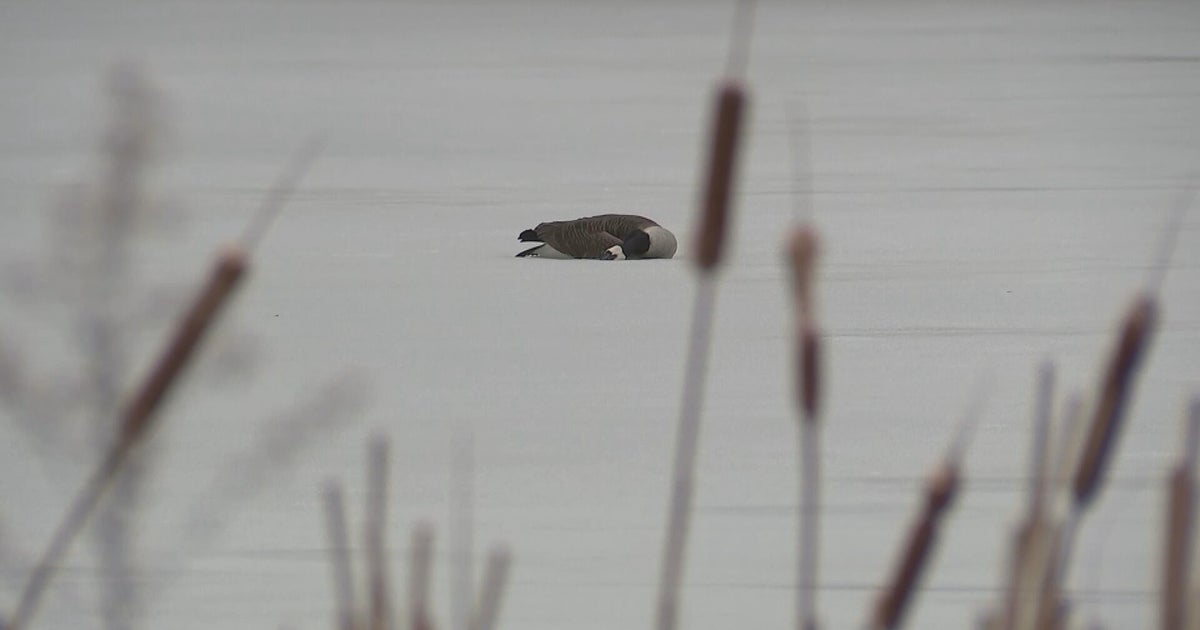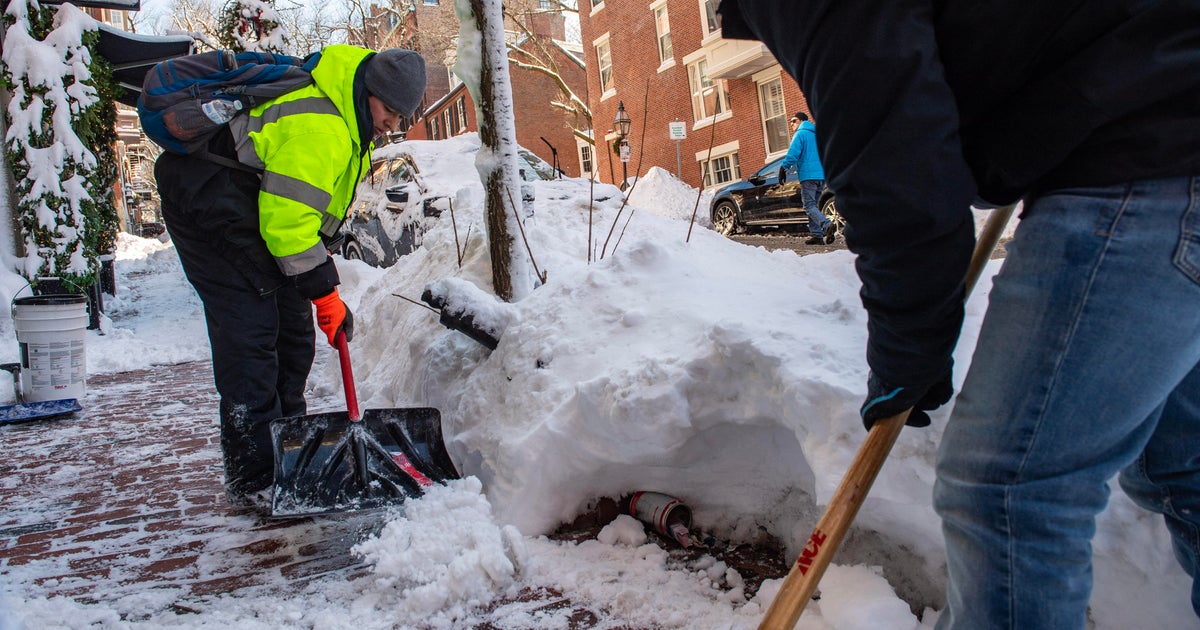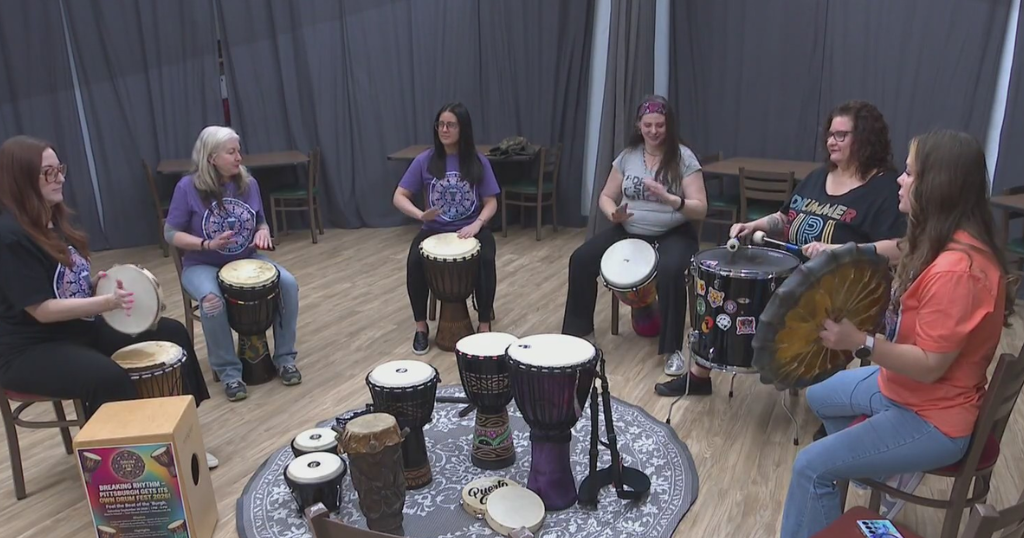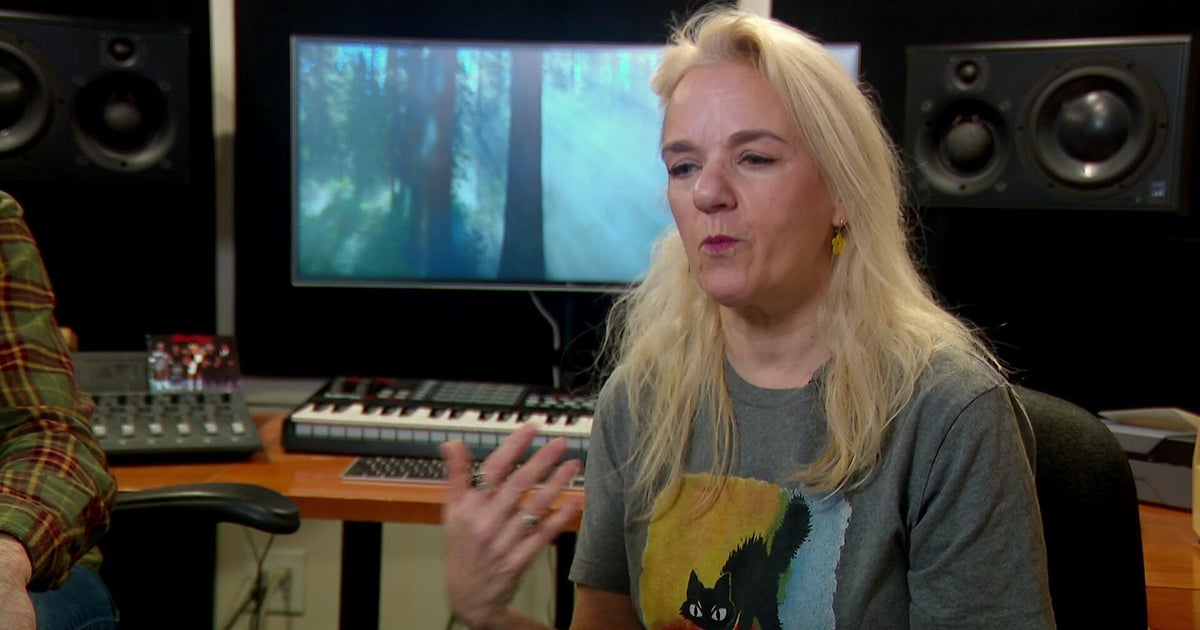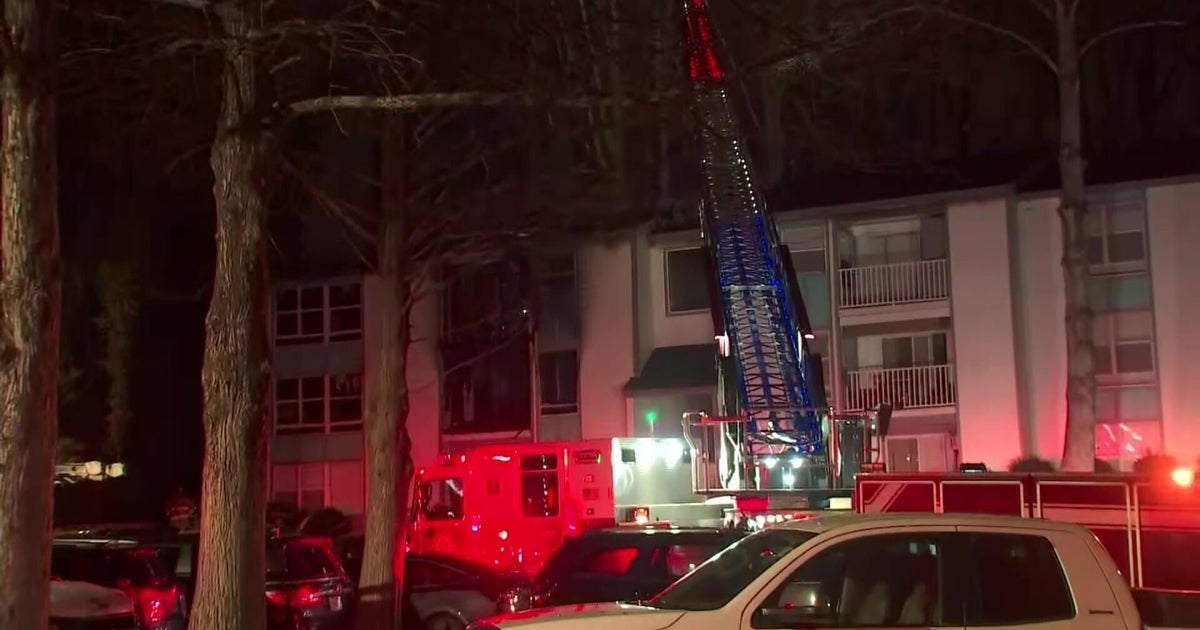Big Day For Bird Watchers In Central Park: Extremely Rare Cerulean Warbler Spotted
NEW YORK (CBSNewYork) -- Sunday's nice weather wasn't the only reason people were flocking to Central Park. A rare bird was spotted.
Dozens of people were laying on concrete and straining their necks for hours, for the rare opportunity to see a beautiful South American song bird called a cerulean warbler.
"There's actually something called warbler neck. Staring, straining and staring straight up into the trees," bird watcher Brad Kane told CBS2's Hazel Sanchez.
READ MORE: SEE IT: Painted Bunting, Rare Bird Breed In NYC, Spotted In Brooklyn Bridge Park
Kane said word spread fast among the bird watching community that two male cerulean warblers, with their trademark bold blue and white feathers, were spotted on the edge of the the park off East 79th Street and Fifth Avenue.
Many showed up with high-powered binoculars, serious zoom lenses, and a great deal of patience, because this bird is known to move fast.
Kane lucked out with one image showing the bird in all of its glory.
"It's always thrilling to see one of theses, just because of how rare they are and I want to check off the list for the year," Kane said.
The tiny song bird is rarely seen in the city as it migrates north.
Birders like Richard Nelson said climate change has also made the warblers' appearance less frequent and in fewer numbers.
He was thrilled to capture an image of a cerulean warbler at mealtime Sunday.
"He's got a worm in its mouth," Nelson said. "Warblers are known to tease. I remind people that the birds are in charge. They go this way and that way and you're all of a sudden captive to their emotions. But that's part of the game, because when you get 'em ... a tremendous satisfaction."
READ MORE: Rare Snowy Owl Spotted On Long Island
And the excitement kept growing as more eyes looked to the skies.
"We have a lot of new birders because of the pandemic, and this is their therapy," birder Ronald Lugo said.
So if you're hoping to see a cerulean warbler, you may only have a few days before they start flying north. It all depends on which way the wind blows.
